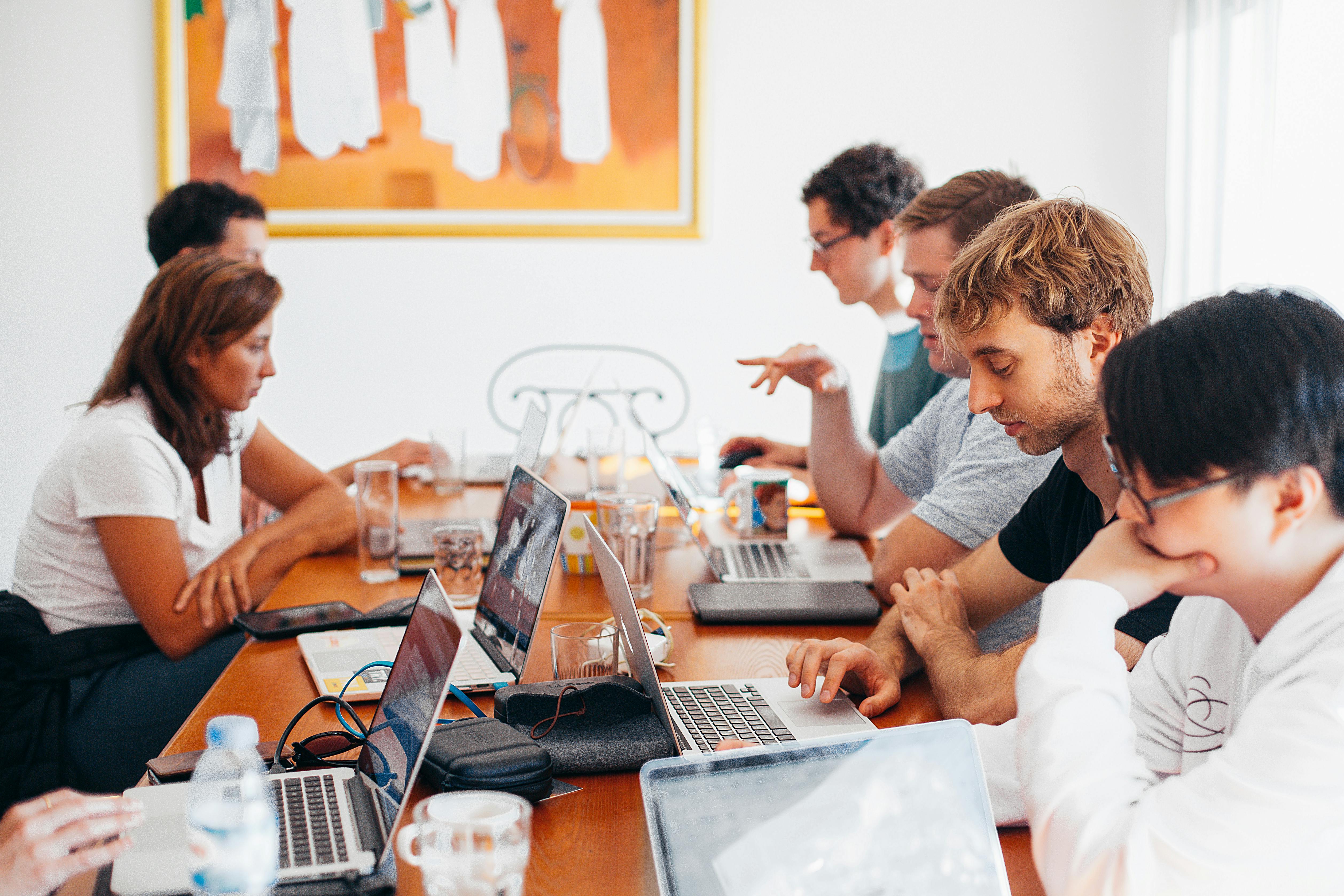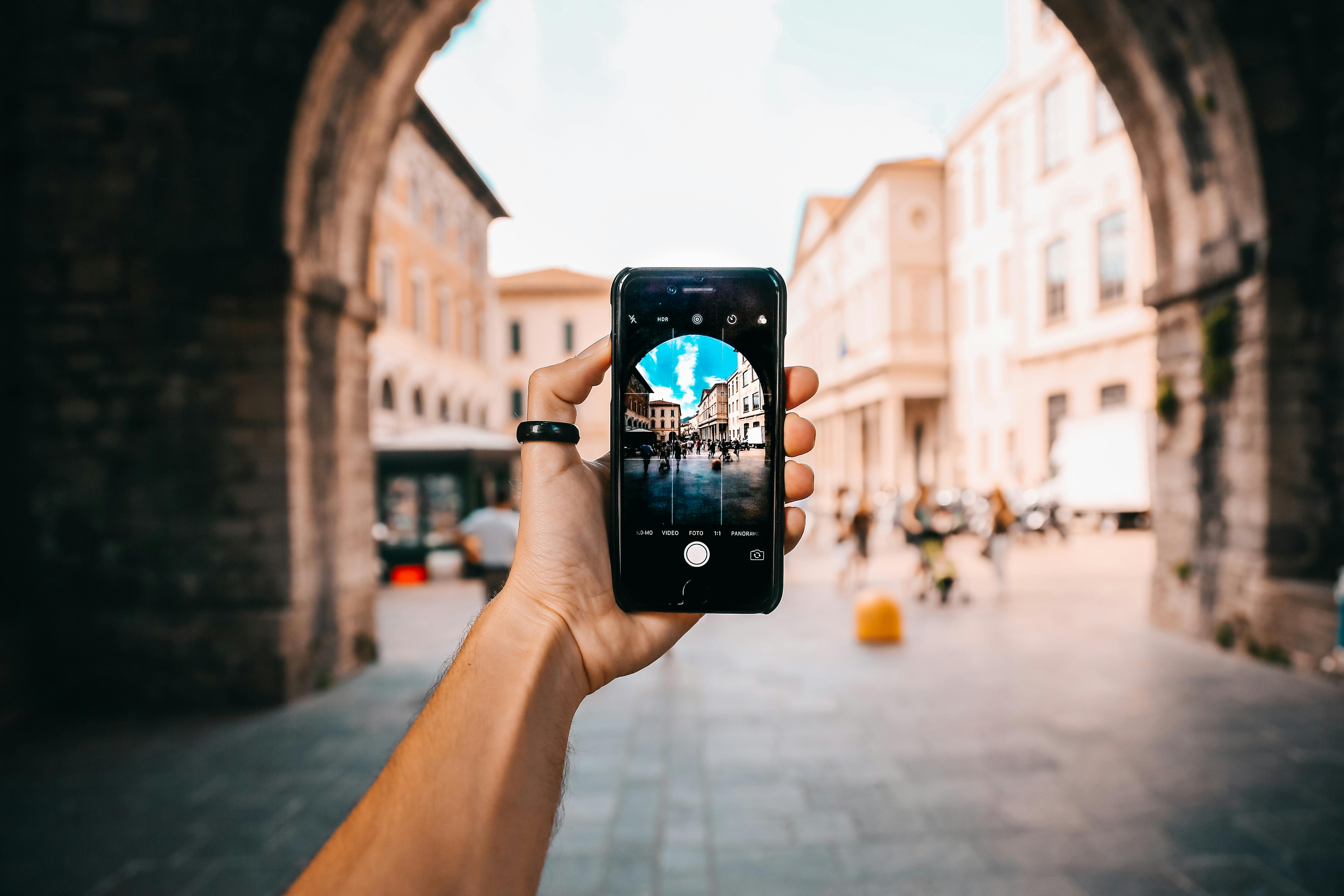Nine years ago, my husband and I knew we wanted to be parents, but we weren’t in a rush. On one hand, in addition to my dreams of being a mother, I dreamed of being fluent in Spanish to better communicate with the Latina women I served as a midwife. Plus, I realized I had time for a big adventure before I welcomed my own baby into the world.
I considered a few different possibilities. Earlier that year, I had run the Boston Marathon in 3 hours and 23 minutes and thought I needed a bigger challenge. I had devoured “Into Thin Air,” Jon Krakauer’s account of his journey to the top of Mount Everest, and for a while was drawn to the idea of climbing Everest myself, even though I didn’t have a pair of crampons.
Then I started reading “The Scottish Himalayan Expedition” by the mountaineer WH Murray, and was struck by something he wrote: “The moment one is definitely committed, providence also moves.” Then I realized that I could do anything I set my mind to, and it wasn’t going to be climbing Everest; the thought of falling into an icy crevasse scared me too much. But the dream of living and working in a Spanish-speaking country suddenly seemed possible.
And sure enough, as soon as I took my first step towards my passions, providence moved. I applied to Doctors Without Borders and within a month they offered me an interview at their New York office. It just so happened that I was going to be in New York anyway to run in the New York City Marathon and could easily make an appointment to speak with the director of the organization. They did not have positions for midwives in Latin America, but I was not interested in any other position. So the director said that she would keep my application, but she didn’t think there would ever be a desirable position for me.
I was discouraged by the director’s news, but I tried to stay positive and started looking for other possibilities to achieve my dream. I was very surprised when, two months later, the phone rang and it was Doctors Without Borders telling me that they were starting a new maternal health project in Mexico, and that out of all the applications they had on file, the project director wanted me to join the medical equipment.
People thought I was crazy for leaving my life in the United States for a volunteer position in a remote Mexican town. She was leaving a great job at a time when there were few positions for midwives. My husband would stay and maintain our home, but at the time even he was looking for work that would take him away from Asheville. He would be living in a region of the world where there was no electricity, no running water, and no one to turn to for help (or no one who could respond in a timely manner) if something went wrong.
Doctors Without Borders made it clear that they had chosen this region because the Mexican government was allegedly persecuting the indigenous people. (This threat of danger was a particular concern for my parents.) I was leaving so much of the familiar and comfortable for something totally unknown and fraught with risk. But I knew, like Scottish mountaineer Murray, that I had created this opportunity by committing to my dream, and I was not going to lose heart.
So I went. In June 2002 I quit my job to work for 6 months in the Southwest of Mexico. I worked with an all-Mexican medical team setting up clinics in remote areas of a region known as La Montaña. We ran our clinic from 9 am to 2 pm, taking a break from 2 to 4 and continuing the clinic until 6 pm.
We always gave preference to women and children, but we took care of everyone who needed care and were available for emergencies 24 hours a day. We saw women in a continuous chain; they often brought five or six of their children at a time. As expected, we saw many respiratory and intestinal infections, but also many skin problems, mainly scabies and infected insect bites. As difficult as it was to run the clinic, it was also enormously rewarding: most of the people we met were relatively healthy and enjoying their lives centered around family and work.
I could tell so many more stories of my life since then: there were so many great challenges and even bigger triumphs and many, many little daily pleasures. But they will have to invent another essay (or book). What I want to say now – about an experience I had almost 8 years ago – is that I took what seemed like an impossible dream, and despite great doubts (my own and others) I made my dreams and passions come true.
Back in the United States, I found the dream job I had been looking for when I started my journey, a part-time position in a public health practice that serves a large number of Latina women. Today, my patients remind me of the women I cared for in Mexico, and I am grateful that my language skills and knowledge of their culture allow me to care for them as they navigate a foreign country.
I have other big big dreams right now, including what I call unpursued passions, and I can sometimes get discouraged and frustrated by the feeling that they are impossible to achieve. But I just have to remind myself of my Mexican adventure and know that I really can achieve anything I set my mind to, anyone can.
I found that my time in Mexico changed my life in many profound ways. Mexicans value family and community above all else, and I have come to embrace those same values. I realize that if I had never taken that first step, if I had never committed to my dreams of service and adventure, I might never have appreciated the gifts I receive from my family and community the way I do now. But perhaps the biggest change I can trace back to that time in Mexico is the confidence I now have that when I move, providence moves with me, and that taking that first small step toward a dream brings you much closer than you ever could. have imagined. .



